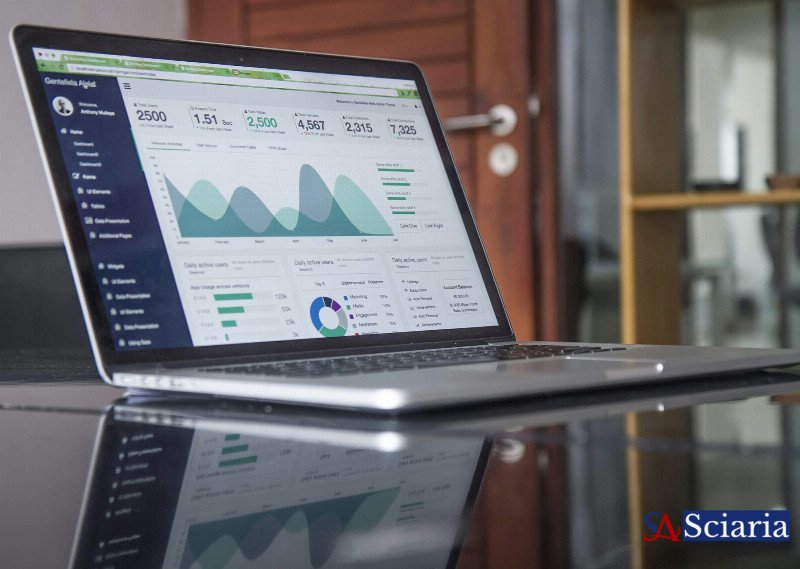The Data Diet: What Big Data *Doesn't* Tell You
- Sciaria
- Big Data
- Sep 30, 2025
- 0 Comments

Big Data has revolutionized how we understand the world, promising unparalleled insights into everything from consumer behavior to climate change. With its immense processing power and capacity to uncover patterns, it often feels like an omniscient oracle. We've embraced the 'data diet,' consuming vast quantities of information in hopes of achieving peak understanding. But like any diet, it can be restrictive, sometimes leaving out crucial nutrients. While Big Data excels at telling us 'what' is happening, it often falls silent on the critical 'why' and, more importantly, 'what' is missing from the picture entirely.
One of the most significant blind spots of Big Data is its inherent lack of context and nuance. Datasets are collections of points, stripped of the rich, qualitative stories that often define human experience. For instance, knowing that a product's sales dropped in a specific region tells you little without understanding local cultural shifts, a recent economic downturn, or the impact of a competitor's marketing campaign. Big Data can reveal correlations, but without qualitative research and human interpretation, these connections can be misleading, missing the intricate web of human motivations, emotions, and societal pressures that truly drive outcomes.
Furthermore, Big Data is rarely truly objective. It is collected, processed, and interpreted by humans, meaning it often reflects existing biases – both conscious and unconscious – within society and the systems that generate it. Algorithms trained on biased historical data can perpetuate and even amplify inequalities, leading to unfair outcomes in areas like lending, hiring, or even criminal justice. The data itself isn't neutral; it carries the fingerprints of its origin, and failing to acknowledge and actively mitigate these biases can lead to dangerously skewed perceptions and decisions.
Another common pitfall is the confusion between correlation and causation. Big Data is a master at identifying strong correlations between seemingly unrelated events. For example, a surge in ice cream sales might correlate with an increase in shark attacks. While the data shows a pattern, it doesn't mean one causes the other (the hidden factor, in this case, being summer and more people swimming). Over-reliance on correlations without rigorous causal analysis can lead to misguided strategies and wasted resources, demonstrating that even with mountains of data, faulty conclusions are easily drawn.
Ultimately, Big Data offers incredible power, but it's not a complete story. It's crucial for businesses and policymakers to understand its limitations: the missing context, the inherent biases, and the inability to distinguish correlation from causation. To truly thrive, organizations must complement their 'data diet' with critical thinking, ethical considerations, and a deep appreciation for the qualitative insights that only human understanding can provide. Only then can we move beyond simply knowing 'what' to truly grasping 'why' and acting wisely.
Comments (0)
Rate This Blog
Top Blogs by Rating
The Ageless Enigma: What Biolo...
By Sciaria
Unleash Your Inner Explorer: T...
By Sciaria
Beyond the Forbidden: When His...
By Sciaria
Favorite Blog
Whispers from the Walls: Unloc...
By Sciaria
Beyond the Charts: Unlocking S...
By Sciaria
Ops Debt: Unmasking the Silent...
By Sciaria





